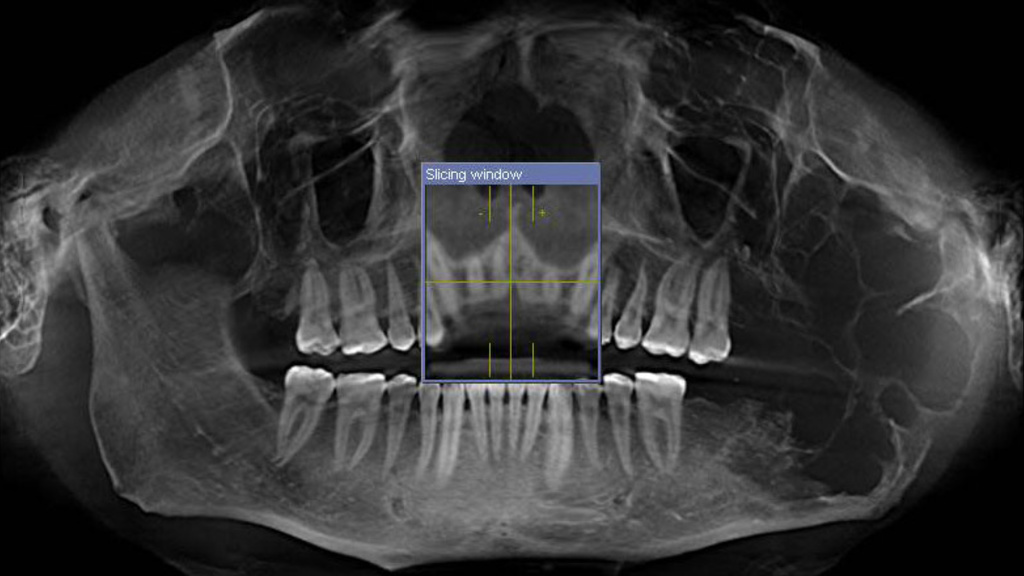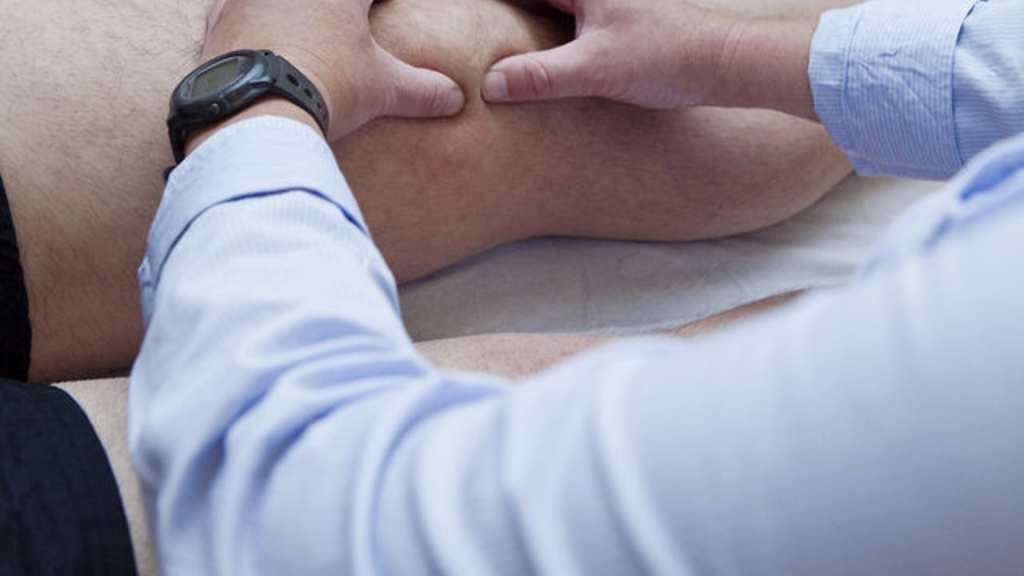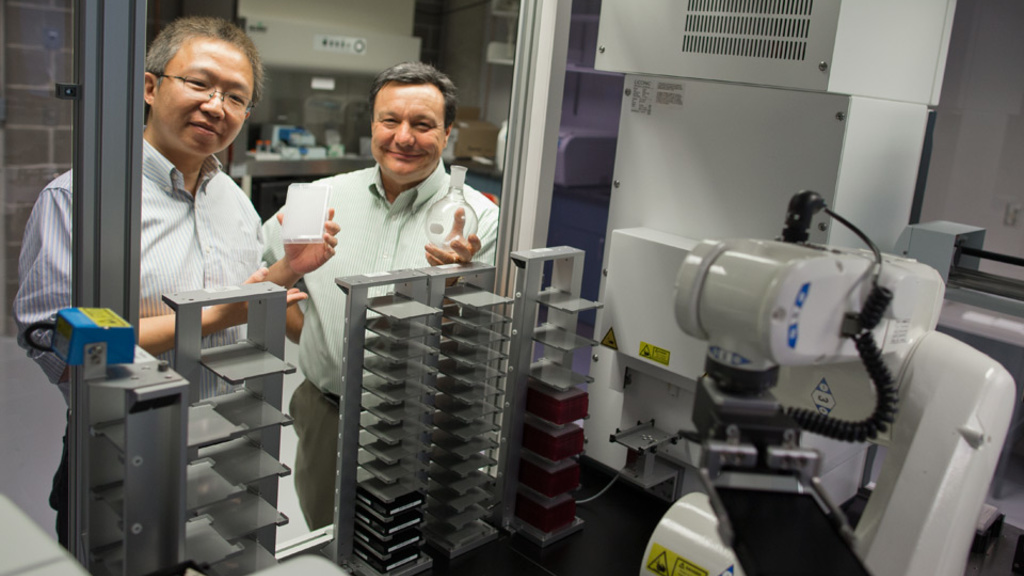Carver College of Medicine
UI's Rizzo: new tests could help docs evaluate senior driver risks
Monday, October 1, 2012
A Canadian study suggests doctors may have a role in helping older drivers give up the keys when it's time. University of Iowa's Matthew Rizzo notes that new tests that identify risky drivers could help physicians decide who should give up the keys.

UI faculty author jawbone disease guide
Monday, October 1, 2012
A pair of University of Iowa faculty have authored the latest edition of Tumors and Cysts of the Jaws, considered the go-to guide for developments in the field of jawbone diseases and diagnosis.
UI study suggests rise in knee replacements boosts federal health costs
Thursday, September 27, 2012
The number of knee replacements paid for by Medicare has more than doubled over the past two decades, according to a University of Iowa study that suggests the procedure is emerging as an important driver of costs for the nation's health care system. (Note: A paid subscription is required.)

UI's Cram says knee replacements double, pose challenges to Medicare
Wednesday, September 26, 2012
Total knee replacement surgeries have more than doubled over the past two decades in the U.S., posing challenges to controlling spending in the Medicare program, according to research published by University of Iowa's Peter Cram.
Total knee replacements: Effective, costly, and booming
Wednesday, September 26, 2012
UI researchers find that total knee replacement surgeries have more than doubled in 20 years. The study, published Sept. 26 in the Journal of the American Medical Association, suggests the growth is driven by both the increase in the number of older Americans and increased demand among older adults for total knee replacements.

Honoring your wishes
Tuesday, September 25, 2012
Taking the time while in good health to discuss and document future healthcare goals removes the guesswork for families, offering a powerful tool and a source of support during uncertain times.
UI research explains why some elderly are more vulnerable to scams
Monday, September 24, 2012
A University of Iowa study that shows people with damage in the ventromedial prefrontal cortex, a part of the frontal lobe that often degrades in the elderly, was cited in an article on why elderly were more vulnerable to misleading advertising.
$11.5 million lymphoma research grant awarded to UI and Mayo Clinic
Monday, September 24, 2012
Holden Comprehensive Cancer Center at the University of Iowa and Mayo Clinic have received a five-year, $11.5 million grant renewal from the National Cancer Institute (NCI) to continue the Specialized Program of Research Excellence (SPORE) for lymphoma research.
UI researchers find genetic link between smoking, COPD
Thursday, September 20, 2012
Only 20 percent of smokers develop COPD, and new University of Iowa research has revealed a genetic explanation.

UI showcases first-in-state scientific instrument
Thursday, September 20, 2012
The University of Iowa on Friday will showcase the founding of a high-throughput screening facility, capable of performing rapid-fire experiments involving large amounts of data and the first of its kind for academic use in the state. The instrument, funded by the federal National Institutes of Health, is expected to spawn research collaboration campus wide.
Power Over Pain seminar is Sept. 24
Wednesday, September 19, 2012
September is Pain Awareness Month and University of Iowa Health Care is offering a free, public seminar on pain management from 6:30 to 8 p.m. Monday, Sept. 24, in the Melrose Conference Room at UI Hospitals and Clinics in Iowa City.
Engineering a better hip implant
Tuesday, September 18, 2012
A research team at the University of Iowa has engineered a better design for hip implants for obese patients. The team learned that thigh size is a reason why hip implants fail, and why it contributes to an increased rate of failure for the morbidly obese. Results are published in the journal Clinical Orthopaedics and Related Research.
Pagination